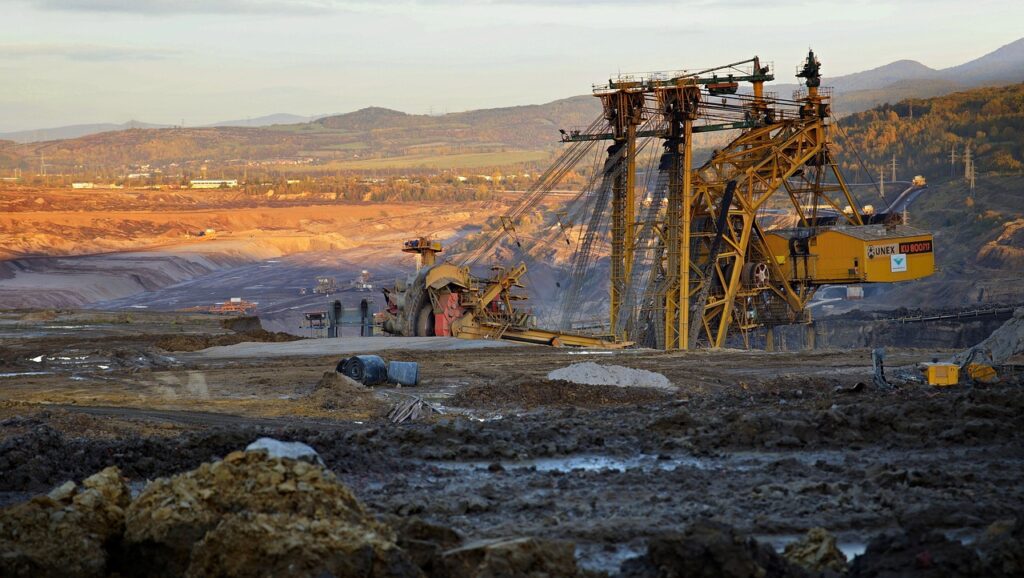
1. Summary (Overview of M&A Activities Involving Japanese Companies)
In February 2025, we observed Japanese companies were involved in 23 M&A transactions across the Asia-Pacific (APAC) region. The breakdown by transaction type is as follows:
- Acquisitions: 4
- Investments: 9
- Divestitures: 2
- Partial Transfers: 4
- Others: 4
By country, Singapore recorded the highest number of deals (6), followed by Indonesia (3), reflecting continued Japanese interest in Southeast Asia’s dynamic markets.
A major transaction was announced by Mitsui & Co., which agreed to acquire a 40% stake in the Rhodes Ridge iron ore project in Australia, operated by mining giant Rio Tinto. The deal, estimated at approximately ¥800 billion, marks one of Mitsui’s largest-ever investments. The Rhodes Ridge mine has an annual production capacity of around 70 million tons of high-grade iron ore, and the acquisition is expected to enhance supply to Asian markets. Mitsui aims to strengthen its resource portfolio and secure stable earnings while deepening its strategic partnership with Rio Tinto to promote sustainable mining and environmental initiatives. The transaction is expected to close within 2025, pending Australian government approval.
2. Notable Case Studies and Perspectives
1) Rising Environmental Awareness in Vietnam
On February 7, Marubeni Corporation announced an investment in Nguyet Minh 2 (NM2), a Vietnamese recycling company. Vietnam is the largest consumer of beverage cans in Southeast Asia, and aluminum scrap volumes are expected to grow. With the introduction of Extended Producer Responsibility (EPR) regulations, recycling is gaining importance. NM2 melts aluminum scrap from cans to produce low-emission recycled aluminum, emitting only about 3% of the greenhouse gases compared to primary production.
This investment aligns with Marubeni’s “GC2024” green strategy, aiming to contribute to a circular economy and a sustainable society. As ESG awareness grows, investments in environmental and recycling sectors like this are expected to increase.
2) Strengthening Energy Infrastructure and Decarbonization in the Philippines
Tokyo Gas acquired a 20% stake in FGEN LNG, which owns and operates a floating LNG terminal in Batangas, Philippines. This marks Tokyo Gas’s first investment in an overseas LNG terminal. With rising electricity demand and declining domestic gas production, the Philippine government is promoting LNG imports. Tokyo Gas has been collaborating with FGEN LNG’s parent company since 2018 and aims to leverage its operational expertise to expand the business.
Under its “Compass 2030” vision, Tokyo Gas is accelerating global LNG expansion. This investment supports energy security and the transition to a low-carbon society in the Philippines, where LNG is seen as a cleaner alternative to coal and oil.
———————————————
We have published our 2025 Full-Year, Cross‑Sector Review:
———————————————
3. List of Cases Involving Japanese Companies
The report includes a detailed list of 23 transactions categorized by date, type, country, and industry. Selected examples include:
- Lovable Marketing Group acquired inbound media business in Thailand
- Aska Pharmaceutical Holdings increased its stake in Vietnamese drugmaker Hataphar
- Gakken Holdings formed a capital alliance with Poplar’s Chinese subsidiary
- JACCS acquired 49% of Malaysian auto finance firm Carsome Capital
- PERSOL Holdings invested in Indian HR tech firm Vahan
- Trex Semiconductor transferred part of its Vietnamese subsidiary to Taiwan’s PANJIT
- Sanritsu sold its Chinese logistics subsidiary to Shanghai Baojing
- MarkLines established a JV with Chinese ODM Huaqin Technology
- EcoMic acquired a Chinese HR/payroll outsourcing firm
- Shimadzu Corporation merged two Australian sales companies into Shimadzu Oceania
- Itochu and Premium Group invested in Thai auto finance firm Eastern Commercial Leasing
- Mercuria Holdings acquired 49% of Vietnamese real estate developer Green Land Binh An
- Showcase transferred part of its subsidiary’s shares to Singapore’s Seacastle
- Mitsuba made its Indonesian subsidiary a wholly owned entity
Note: In this article, “APAC” refers to countries and regions in East Asia, South Asia, Southeast Asia (including ASEAN and others), and Oceania. The list of transactions is based on observed data.